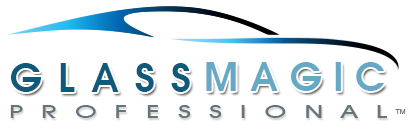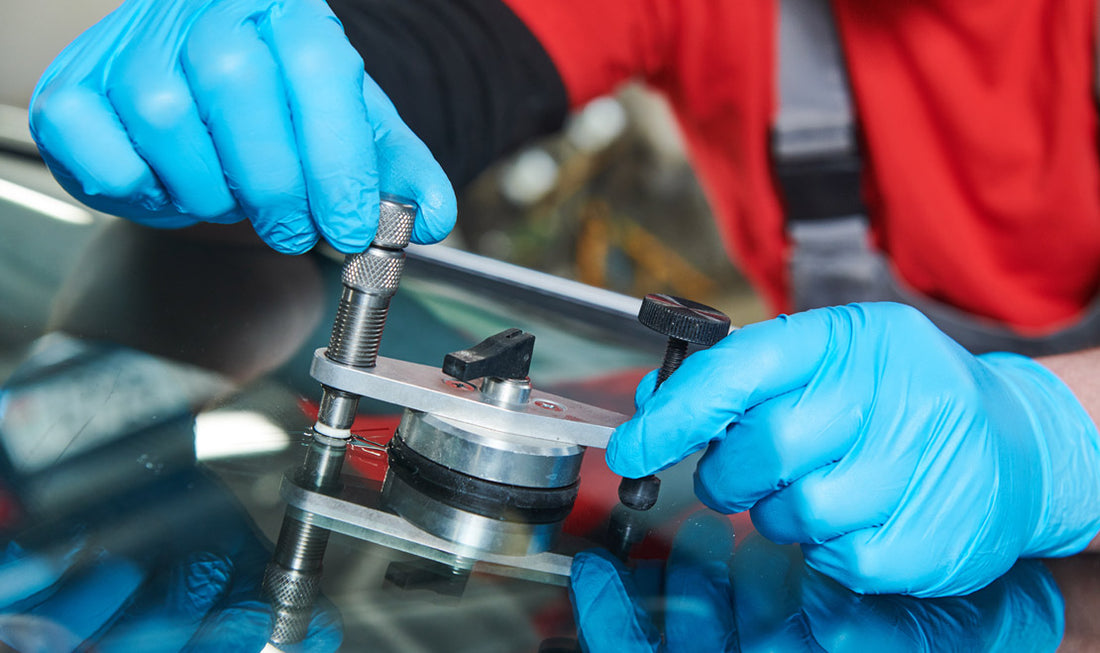This article succinctly reviews the importance of safety protocols and how they minimize potential risks for you and your business.
No business owner, whether a one person mobile repair service, or a shop with several employees, wants to have safety issues, which can often result in delays, extra expense, or lost time due to safety problems. Of course, the worst situation is if anyone is injured. Working against this potential should be a high priority for all auto glass chip repair businesses.
The safety of you, your technicians and your customers is paramount in any auto glass chip repair service. We've all heard about how safety must be first, that we should train on safety practices, and similar important messages. These are much more than just sage pieces of advice, they're a practicality for any business.
Let's take a look at the "quick list" of safety practices and how to implement them:
I. Importance of Protective Equipment
Personal Protective Equipment (PPE) is a non-negotiable aspect in any auto glass chip repair service. PPE includes safety glasses, gloves, and coveralls; these provide a primary defense against potential physical hazards. Working without adequate PPE heightens the risk of injuries.
II. Safe Handling of Tools and Equipment
Various tools like windshield repair bridges, injectors, razor blades, and probe tools are commonly used in the repair process. Incorrect usage of these tools can lead to injuries. Regular training and routine inspection of tools are vital to ensure safety.
III. Hazardous Chemicals Handling
Chemicals and resins used in the repair process need to be handled with care. Safety protocols for usage, storage, and disposal of these chemicals are critical to prevent health hazards. Adherence to these protocols is a must for safety. Wearing nitrile gloves is easy - and a huge step in assuring safety.
IV. Need for Regular Safety Training
Continuous safety training ensures that technicians are up-to-date with latest safety practices. Aspects like tool handling, chemical safety, and emergency procedures are generally covered. Conducting emergency drills maintains a level of preparedness among the workers. Counsel any technician who appears to be bypassing any safety practice.
V. Regular Safety Audits
Safety audits play a key role in maintaining a safe work environment. Regular safety audits can update safety measures and ensure adherence to them, thus minimizing potential risks. Make sure everybody in your operation follows your safety guidelines.
VI. Ensuring Customer Safety
Communication with customers regarding safety is crucial. Customers need to be informed about safety procedures during the repair process to avoid any mishaps.
VII. Emergency Preparedness
Availability of first-aid kits, worker training in basic first aid, and having emergency contact numbers clearly displayed are all parts of being prepared for emergencies. If you have a shop, enforce the rule that customers stay out of your technical work areas.
VIII. Compliance with Regulations
Adherence to industry standards and regulations related to safety is crucial. Non-compliance can result in legal complications and can compromise safety for workers and customers.
Let's Review
Safety protocols in auto glass chip repair services are vitally important and should never be disregarded. Businesses need to prioritize safety in their operations. We encourage proper safety measures for the health and well-being of employees and customers.
Get a free sample of our advanced rock chip repair system, Glass Magic Professional. It's one step, which means you don't need extra chemicals or agents, and it cleans up with water - both of which can be another huge advantage in safety. It permeates easily into thin lines, removing the need for drilling in the vast majority of cases (yet another safety advantage). It's really a "no brainer"!

